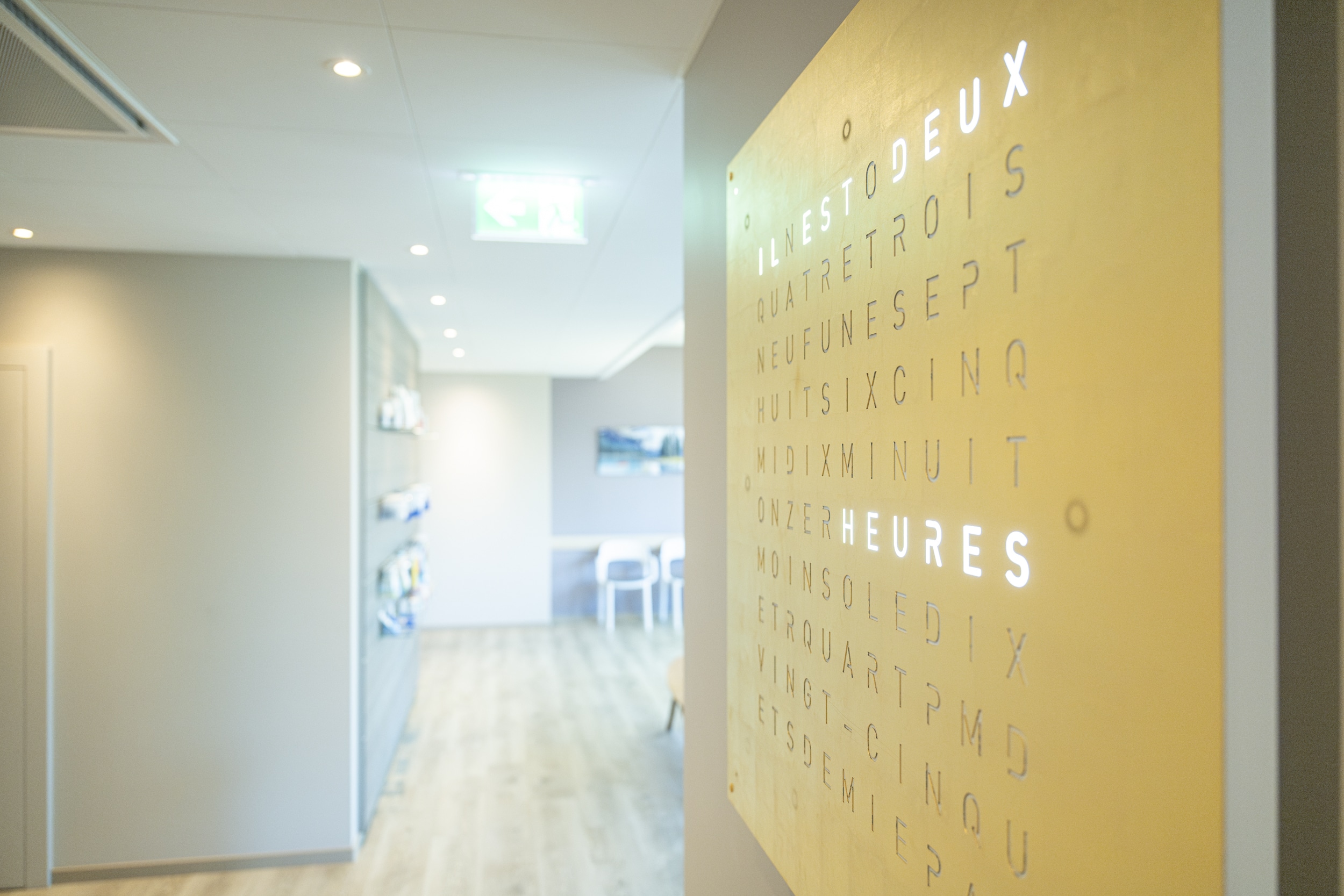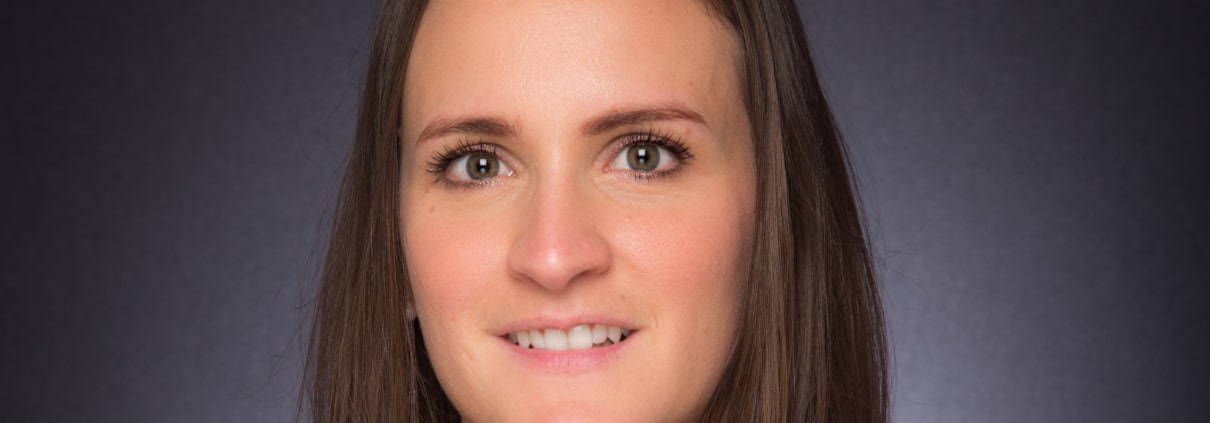Interview with Margaux Tournier, dental hygienist
‘The well-being of my patients is paramount.‘
Margaux Tournier, dental hygienist
Margaux Tournier has been a dental hygienist at the Sonnex clinic in Grand-Saconnex for 10 years. She has a degree from the Ecole d’hygiéniste dentaire in Geneva, and she had already completed her internship in her final year of training in 2013 at Smile and Care.
What do you like most about your job?
Undoubtedly, human connection, because my patients’ well-being is paramount. Oral health is closely linked to overall health, which makes my role truly meaningful. I love helping people feel good, both in terms of hygiene and aesthetics.
In your opinion, what qualities are necessary to do this job well?
Precision, listening, kindness and a touch of perfectionism (smile). The hygienist’s personality makes a big difference, especially for phobic patients. I enjoy being able to give them advicels.
Do you have many anxious patients?
Yes, and their phobias are mostly due to bad experiences. Today, our approach is patient-focused and self-awareness plays a big part in their well-being. You have to be able to remain attentive to the slightest sign of pain. Some patients ask to receive a local anaesthetic before treatment. Having received training in local anaesthesia (training recently provided in Geneva), I am able to administer it.
Is scaling as important in children as in adults?
Absolutely! It is important for children to learn about dental hygiene as early as possible in order to establish good habits. Sometimes, scaling of milk teeth is necessary from the age of 2, when there is a lot of tartar or when parents are unable to clean their child’s mouth. We take the opportunity to show parents the right techniques and provide them with preventive care advice (hygiene, nutrition). Neglecting baby teeth can have an impact on permanent teeth. From the age of 6, I recommend a scaling once a year, at the same time as the dental check-up. The frequency will depend on the young patient’s hygiene, diet and the amount of tartar present.
In its application, how is scaling different with children?
The approach is clearly more fun: everything is explained and shown to them, including the dental plaque colouring exercise.
Quels sont les problèmes généraux les plus répandus en matière d’hygiène dentaire ?
There are no general problems in this discipline, which is what makes it so exciting! We are dealing with multifactorial problems. Dental hygiene affects everything: the patient’s overall lifestyle, diet, medication, brushing techniques, the profession. Each patient is different and requires a personalised approach and research. As a dental hygienist, our role in prevention is very important. In general, the patient comes to see the hygienist and we refer them to the specialists who can treat their condition: periodontist, paediatric dentist, etc.
Is there a link between a patient’s general state of health and their oral health?
Yes, and this link works both ways. For example, dental hygiene and diabetes control go hand in hand. The same is true for inflammatory diseases and autoimmune diseases. This is where our advisory role comes into its own. When the first signs of pain appear, it is often too late. Our profession is all about prevention and maintenance.
What technical developments are helping to improve oral hygiene?
Electric toothbrushes are often recommended as part of hygiene protocols. They allow for a more thorough brushing and are suitable for people with osteoarthritis. However, they are not suitable for everyone, especially those with significant sensitivity or very thin gums.
What is the miracle recipe for figthing tooth decay and keeping a perfect smile?
3 brushings a day with fluoride toothpaste and an interdental cleaner at least once a day. Avoid sugar consumption and snacking, and have a regular check-up – at least once a year – with a dental hygienist.
Is there an ideal time to brush your teeth?
If there is one time not to be forgotten, it is the evening, when we remove all the dental plaque accumulated during the day. Two good brushings a day are essential, in the morning and in the evening. At midday, if you don’t have time, a fluoride mouthwash can help.
What do you say to someone who doesn’t dare to have their teeth scaled because their gums are painful?
Nowadays, there are many ways to avoid pain. At Smile and Care, treatments do not hurt patients, it is unthinkable. There are dental desensitising agents and local anaesthetics that alleviate this problem.

Care and emergencies 6 days a week, Monday to Saturday
